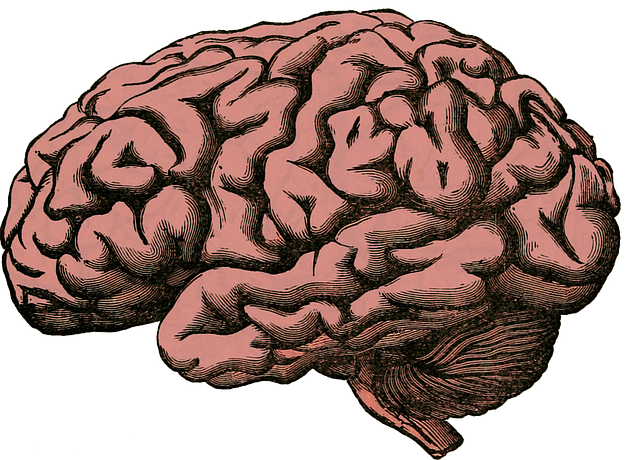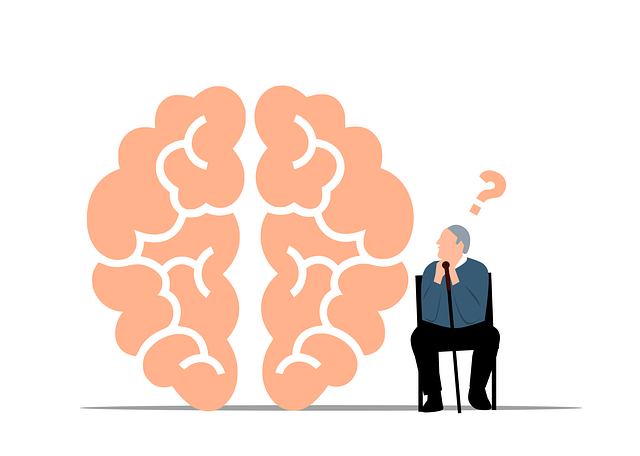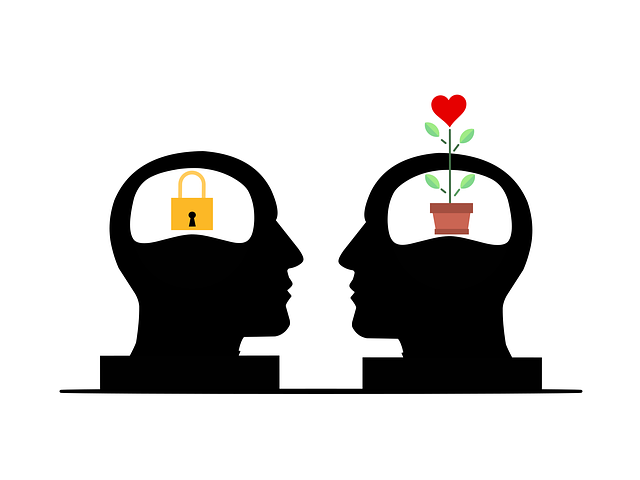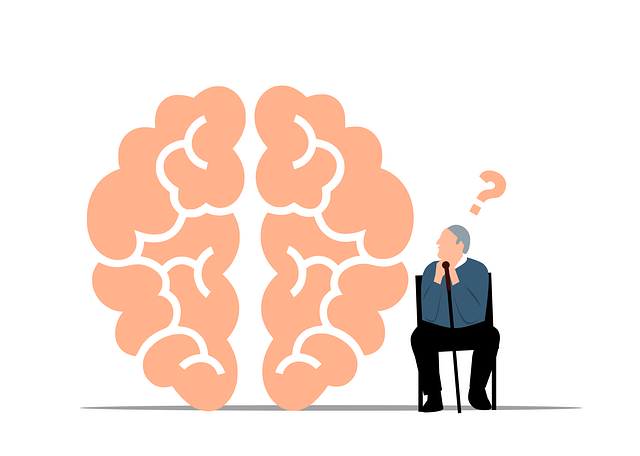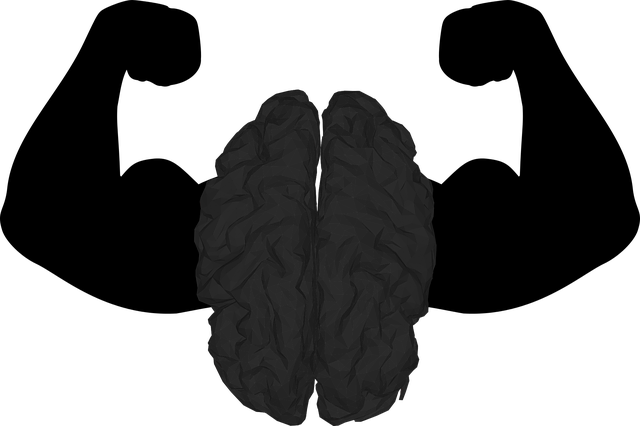Broomfield Anxiety Therapy introduces mindfulness meditation as a powerful tool for managing anxiety, fostering calmness, and improving emotional well-being. Creating a dedicated home space with comfortable seating in a quiet environment enhances the effectiveness of this practice. Techniques like breath focus and Compassion Cultivation Practices (CCPs) are core components, backed by research, that integrate into daily routines to reduce stress and anxiety over time. Broomfield Anxiety Therapy offers services to deepen mindfulness and emotional healing, empowering individuals to navigate life's challenges with greater ease through holistic care.
Discover the transformative power of mindfulness meditation with this comprehensive guide, tailored by Broomfield Anxiety Therapy experts. Learn how this ancient practice can significantly reduce anxiety and stress. We’ll walk you through setting up a peaceful home practice, offering practical techniques for beginners, and exploring strategies to seamlessly integrate mindfulness into your daily routine. Unlock long-lasting mental clarity and peace with these effective techniques.
- Understanding Mindfulness Meditation for Anxiety Relief
- Setting Up Your Mindfulness Practice at Home
- Techniques and Exercises for Effective Meditation
- Integrating Mindfulness into Daily Life for Long-Lasting Benefits
Understanding Mindfulness Meditation for Anxiety Relief

Mindfulness meditation has emerged as a powerful tool for managing anxiety, and Broomfield Anxiety Therapy offers valuable guidance in this regard. It involves a conscious focus on the present moment, observing thoughts and feelings without judgment. This practice helps individuals become more aware of their anxious thoughts and gradually reduces their intensity. By fostering a sense of calm and clarity, mindfulness meditation acts as a form of crisis intervention, allowing one to respond to stressful situations with greater composure.
Through regular sessions, practitioners learn to accept and let go of anxious feelings, leading to improved emotional well-being. The practice encourages individuals to be present in their bodies, engaging their senses and noticing physical sensations related to anxiety. This mindful awareness can help disrupt the habitual patterns that contribute to anxiety disorders, offering a transformative approach to mental health care.
Setting Up Your Mindfulness Practice at Home

Creating a dedicated space for your mindfulness practice at home can significantly enhance its effectiveness. Start by designating a quiet area where you won’t be disturbed. A comfortable chair or cushion, along with a clean and clutter-free environment, will encourage a sense of calm. Consider adding elements that promote relaxation, such as soft lighting, soothing scents, or even a small plant to foster a peaceful ambiance.
This personal sanctuary can become your retreat for managing stress and enhancing mental wellness. Broomfield Anxiety Therapy emphasizes the power of self-care, and setting up your practice at home provides an opportunity to explore empathy building strategies through self-reflection and awareness. By regularly engaging in mindfulness exercises, you can cultivate a deeper connection with yourself and develop powerful tools for navigating life’s challenges.
Techniques and Exercises for Effective Meditation

Mindfulness meditation involves various techniques and exercises designed to cultivate present-moment awareness and promote mental well-being. One effective practice is focusing on the breath, where individuals are encouraged to observe their inhalation and exhalation without judgment. This simple yet profound exercise helps to anchor the mind in the present, reducing ruminations and anxiety. Broomfield Anxiety Therapy often incorporates such techniques as a foundation for more advanced mindfulness practices.
Additionally, Compassion Cultivation Practices (CCPs) have gained prominence in modern meditation guidance. These involve cultivating feelings of compassion towards oneself and others, which can help in managing symptoms of depression and improving interpersonal communication strategies. By fostering self-acceptance and empathy, CCPs contribute to overall mental health and resilience. Incorporating these practices into daily routines can significantly enhance the benefits of mindfulness meditation, as supported by research in Broomfield Anxiety Therapy.
Integrating Mindfulness into Daily Life for Long-Lasting Benefits

Integrating mindfulness into your daily routine can unlock long-lasting benefits for mental and emotional well-being. It’s not just about finding a quiet moment to sit in meditation; it’s about cultivating awareness throughout your day. Start with simple practices like mindful breathing during commute or mealtimes, paying attention to your senses as you go about your chores. These small moments of presence can help reduce stress and anxiety, fostering inner strength development over time.
For those seeking deeper support, Broomfield Anxiety Therapy offers a range of services designed to enhance mindfulness and promote emotional healing processes. By incorporating mindfulness techniques into your self-care routine, you empower yourself to navigate life’s challenges with greater ease. Healthcare provider cultural competency training also emphasizes the importance of mindfulness as a tool for building stronger patient connections and delivering more holistic care.
Mindfulness meditation offers a powerful tool for managing anxiety, as supported by research from Broomfield Anxiety Therapy. By incorporating simple practices at home and integrating mindfulness into daily routines, individuals can experience long-lasting benefits that enhance overall well-being. This article has provided practical guidance to help you embark on your journey towards a calmer, more centered mind.


